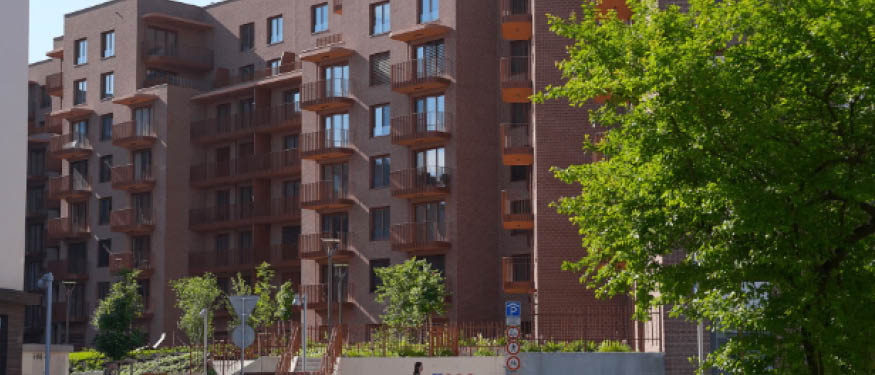Structural changes are being proposed to Slovenia’s agricultural land policy to incentivize young farmers to purchase and lease agricultural land and increase food self-sufficiency. Many companies strongly oppose some of these proposals.
The Slovenian Ministry of Agriculture, Forestry and Food (MAFF) recently proposed amendments to three interconnected acts in the area of Agricultural Land Policy. We will focus on the most important of these proposed changes, some of which have encountered strong opposition.
MAFF is proposing an increase in the amount of compensation due to any change in the purpose of agricultural land by 100% from what is currently required. It is also proposing to extend the obligation to pay compensation to categories of agricultural land previously exempt from this obligation. As a result, if the proposal is adopted, building on agricultural land will cost more than it does now, and the obligation will apply to more kinds of agricultural land than now.
MAFF is also proposing to change the Policy of Agricultural Land by improving the ability of young farmers to lease state-owned agricultural land by offering them areas gradually taken away from large leaseholders (i.e. those who lease more than 100 hectares) at the expiration of the lease. First, they would take 5%, in ten years they would take an additional 7%, and in the next ten years another 10% of the surface. For large leaseholders (mainly agricultural companies) this of course means a land loss. For example, a company leasing 500 hectares would lose a total of approximately 100 hectares.
Legal limitations apply to sale and lease transactions of agricultural land with a number of pre-emptive beneficiaries. The proposed changes also relate to the order of the pre-emptive beneficiaries, both for lease and for purchase of agricultural land, with special attention paid to young farmers, who are now placed higher in the chain. The changes proposed by MAFF are designed to encourage the generational renovation of farms, as young farmers are, in many cases, currently unable to obtain agricultural land due to restrictive legislation.
Unsurprisingly, some of MAFF’s proposals face strong opposition from agricultural companies, which oppose the planned limitation of lease of state-owned agricultural land to a maximum of 100 hectares (1 square km). They also oppose the gradual withdrawal of land, which is likely to affect their individual business activities. The limitations being proposed could thus limit the business development of large and mid-size agricultural companies.
The draft act is currently in public discussion until the end of May, with the public able to comment and propose amendments. A number of responses are expected. MAFF will be expected to find a compromise between the requests of small farmers who expect better access to agricultural land, and agricultural companies which expect legislation that will not impede their business development.
By Andrej Kirm, Partner, and Sara Mauser, Legal Associate, Kirm Perpar
This Article was originally published in Issue 6.5 of the CEE Legal Matters Magazine. If you would like to receive a hard copy of the magazine, you can subscribe here.

















